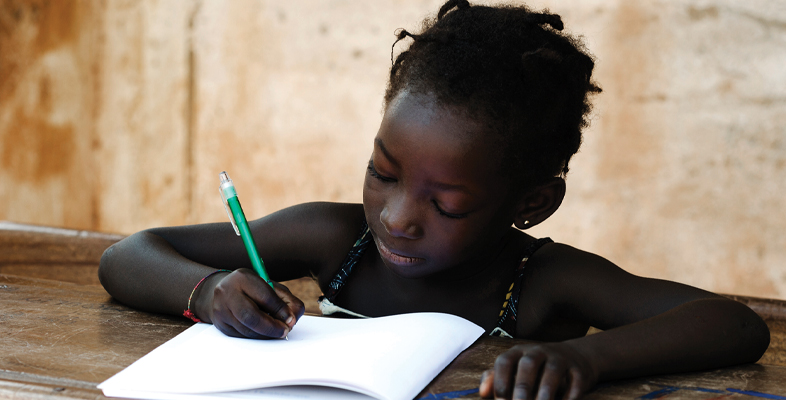2.2 Ranking purposes
Look again at the six purposes of comparative study of education.
Activity 3
How would you rank them yourself? Use the interactive table below to rank the purposes in terms of their importance, from 1 for ‘not very important’ to 6 for ‘very important’.
Reflect and record. How did you decide to make your rankings? Did you draw on certain experiences, knowledge or evidence to make your decisions?
Discussion
Each of the purposes listed in this activity has its own complexities.
Take the example of one purpose: ‘parents commonly compare schools and systems of education in search of the institutions which will serve their children’s needs most effectively’. Such a comparison may not be straightforward. Firstly, what evidence does a parent have to make a judgement? There will be hearsay, then there’s a visit to a school and the perception (by both parent and child) of its functioning and ambiance. It may be possible to tap into the views and experiences of any known children who are currently attending the school. Finally, there are measures in the form of publicly available examination scores and performance tables, and also reports from school inspection services. Which of these sources of evidence are most likely to help in a parent’s decision-making?
Likewise, practitioners, policy makers, international agencies and academic researchers will have their distinctive sources of information and knowledge when they undertake comparisons of education. Each of these actors will use different methods to gather and compare evidence. For instance, practitioners and policy makers may look for very different kinds of evidence of children’s learning: the former may draw on observations of children’s enjoyment or participation, while the latter might favour the numerical evidence of examination scores.
There is no single correct answer to these rankings. Your own ranking relates to your interests, values and beliefs. Other individuals or institutions will prioritise the purposes differently.
